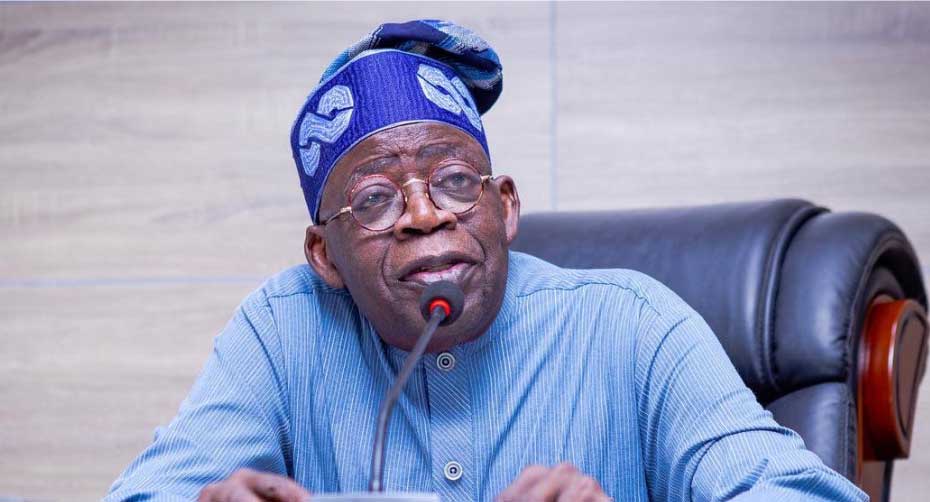The Presidency has assured that last-minute contracts approval and appointments by President Muhammadu Buhari will not negatively impact the incoming administration of Bola Ahmed Tinubu or deny the president-elect money to run his government.
The President’s senior media assistant, Garba Shehu, however said his principal remains committed to ensuring that his successor starts off on the right foot.
Shehu stated that all the decisions made during Buhari’s final days in office were made in the best interest of the country and follow due diligence.
The presidential aide spoke on Channels TV’s ‘Sunday Politics’ late Sunday, where he also noted that Tinubu reserves the right to annul such appointments upon resuming office.
“These contracts and appointments you have mentioned followed due processes and they take time to nature. Given the complexities of procurements in the country, it takes an average of nine months to start a procurement process for, maybe a building or a road, and finish.
“So, if you look at all of the contracts that are being approved lately, virtually non of them is laying a claim to the 2023 budget. They are drawing from the 2022 budget that is about to expire. In fact, some of them go back to the supplementary budget and the 2021 budget.
“So, this is money that would have been spent anyway, however, because of the complexities and intricacies involved in the procurement process, they are maturing just about the time when the term of the president is coming to an end, and so therefore, nothing is done to take away from what the next president would be doing or to deny them money that they ought to be spending. They will have the budget of the year to operate and there would be no difficulties that they would face as far as this is concerned.”
Shehu spoke against the backdrop of public reactions with some expressing skepticism regarding the timing and nature of the last-minute approvals.
He added, “As for the appointments, I don’t think there’s anything that’s being rushed. Again it takes due process to screen people for clearance with the security agencies and all of that before they come.”
As the nation prepares for a new chapter in its history, many have also criticised Buhari’s recent request to borrow $800 million from the World Bank which the administration said would be used to cushion the effect of petroleum subsidy removal on the citizens.
 DailyrecordNg …Nigeria's hottest news blog
DailyrecordNg …Nigeria's hottest news blog









